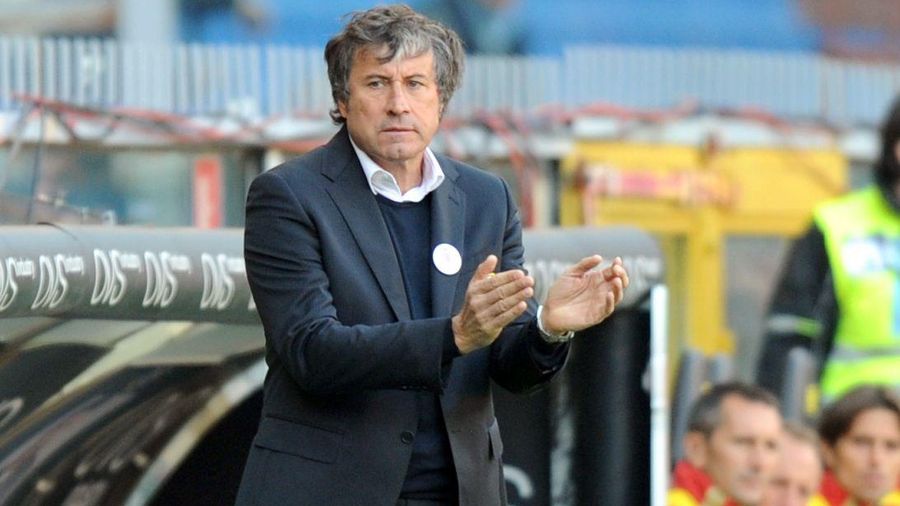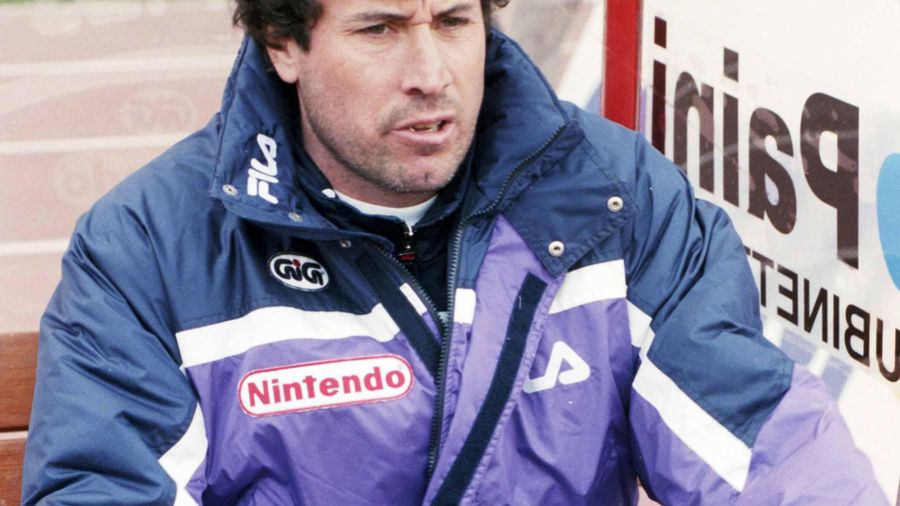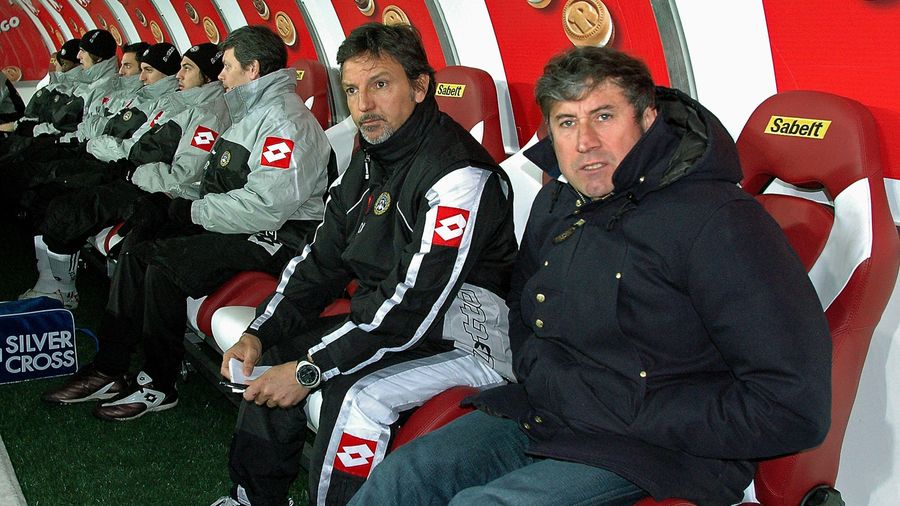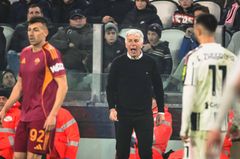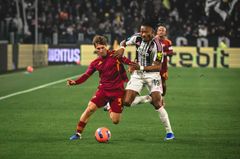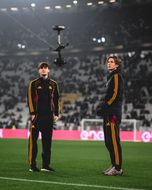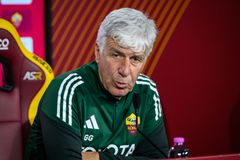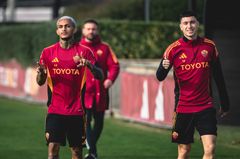
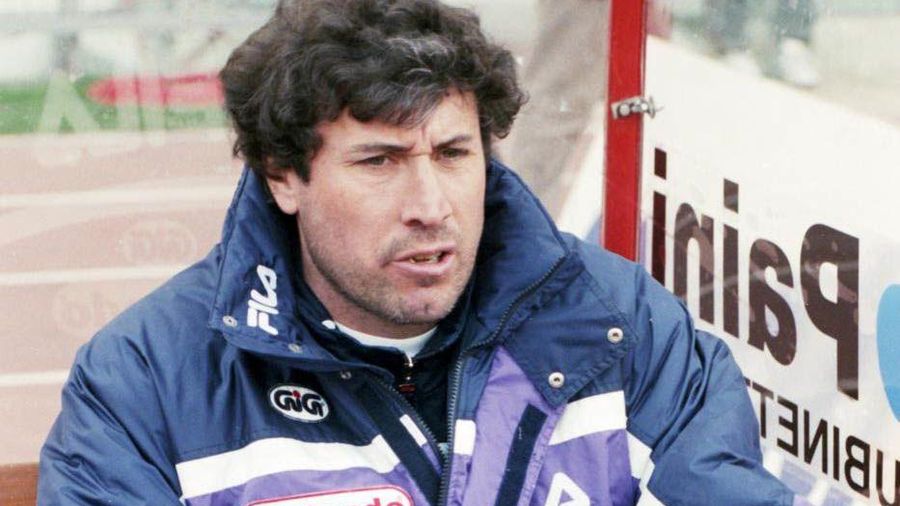
Alberto Malesani has realised that his presence is no longer welcome in football.
One of the most tactically innovative and successful coaches of the ‘90s – the last one to win the UEFA Cup with an Italian club – knows when enough is enough.
Nowadays he runs his business, Giuva Winery, with his daughters, Giulia and Valentina.
“I’m happy as I am. I enjoy my daily routine,” he told asroma.com.
“The girls have taken on board my business ideas and run things really well, with some excellent ideas of their own, and as their old man I listen to them.”
Are you really sure you have nothing left to give football?
“That’s the way it is now. It’s a rational decision I’ve come to over the years. When you get the feeling you’re being pushed away, there’s no point insisting. It got to a point where I was put in the category of finished coaches and I came to accept it over time. It’s not a problem.
“I express myself in other ways. I came from the business world and now I’ve gone back, almost full circle. I’ve been a bit sorry about it at times, but not distressed or anything. There is one thing I found upsetting, though…”
What’s that?
“That experience in Italy – and Italian football – is not rewarded. As I mentioned, before going into coaching I worked in the business world – 17 years for Canon Italia. In Japan they would bring the most experienced people back into headquarters to put their experience to good use. They didn’t throw them away.”
Do you miss coaching a lot?
“I can answer that the same way: when you’ve spent 26, 27 years working at the top level of the game, you can’t just forget about football. Especially someone like myself, who has always lived and breathed it 24/7. What I miss most is the grass, the ball, the teaching side of it, working on tactics with the team, building something together. Training in general, on a daily basis. I don’t miss other things, to be honest. But I do miss training. And I always will.”
How much time do you spend thinking about football?
“The right amount. I read the newspaper over breakfast every morning. I read and keep myself up to date. And I watch the matches I’m interested in.”
Like?
“I watch all the Europa League and Champions League games but I don’t watch everything in Serie A. I watch Verona, and a few other teams.”
Do you still pay close attention to tactics?
“Tactics dominate in Serie A. The Italian league gets a bad press but it’s always difficult to win a game here, for anyone. We’re so precise, obsessive even. I enjoy watching Premier League games and La Liga games but you’d never see that sort of football here in Italy.
“Matches are a lot more open in other countries, the players’ movements less coordinated. Atalanta play a very open brand of football: they don’t pay too much attention to holding defensive positions when they attack, but that has to be backed up by incredible fitness levels to ensure results and performances. [Gian Piero] Gasperini is one of the best coaches in Italy. He has done well wherever he’s had young players to work with. But he needs to have complete control. It’s easier to work with players who are yet to fully establish themselves; with the more experienced, more famous players it can be tricker to get them on your side.”
Is it more important for a coach have a good idea or be able to get his idea across to the players?
“The idea is important, first and foremost. A coach must have that. And the club has to back it up and the players have to buy into it. That’s where your leadership skills come into it.”
Is there a coach in Italy that you see a bit of yourself in?
“I’m always reluctant to make comparisons. Every person has their own unique way of expressing themselves and their ideas. It’s very difficult to copy others, and it’s also a big mistake. You can take inspiration from this or that person but the truth is we all have our own style.”
What do you think of Paulo Fonseca?
“I like him, from what I see from the outside, that is. I don’t like to judge coaches any more than that because I’d need to see how they work day in day out. You can see there’s a blueprint in place and a direction for the team, though.”
Which player in Italy has impressed you most?
“Let’s start from the back, focusing on young players. Among the defenders I’d say [Marash] Kumbulla, a very promising centre-back who grew up here in Verona. As for midfield, I think [Nicolo] Barella is a notch above the rest. And forwards, I like Papu Gomez and [Romelu] Lukaku. They’re not quite so young, though…”
At Fiorentina you coached Gabriel Batistuta for a year…
“He’s the sort of player every coach would love to have. He made no distinction between coaches – he took the good and the bad from every coach. And that made him unique.
“He always worked incredibly hard. He’d say to me: ‘I have to train more than the others because I’m not gifted technically.’ He made up for it with power, an eye for goal and his aerial ability. I’ve never seen a footballer as dedicated as he was. He was a role model.”
How important was Fiorentina to you in terms of your career?
“Sometimes you get fantastic groups that just gel with a bit of everything, and an idea that everyone buys into. We had something like that at Fiorentina and the fans were a part of it. We were one. It was a fantastic, intense year. It was the perfect environment. We didn’t win anything but we went close: we had a great run in the Coppa Italia and qualified for Europe by finishing fifth.”
You won at Parma instead.
“That was perhaps the only time I sensed the club expected me to win. With the team and the squad we had, expectations were understandably high. And we did win a few trophies. It wasn’t easy, though – winning is never easy. After all, only one team can lift the trophy.”
Were Roma ever interested in you?
“I was linked with the club when [Zdenek] Zeman was sacked in 2013. I’d have really liked to coach Francesco Totti and Daniele De Rossi. After [Gianni] Rivera, my favourite player was Totti. His field of vision went beyond 180°. Like Maradona. Francesco was an amazing player. The same goes for De Rossi – an excellent, intelligent midfielder.”
How are you finding things during the Covid-19 emergency?
“We all have to be very careful. It’s serious stuff – youngsters need to know that too. It’s a silent war and people are wrong to underestimate it. I’m fortunate to be able to help my daughters with their businesses. There aren’t many people, no gatherings. When you’re in contact with nature, it’s maybe easier to relax. You can get on with life in a relatively calm way. You still worry, though. Our region, Veneto, was one of the first areas struck by Coronavirus.”
What does your business mean to you?
“I’m proud to have set up a family business. It feels like it’s your own thing – more than a football team, which ultimately belongs to the club. In this case we’re the club. Of course, it would have been difficult if I hadn’t made a bit of money from football. We make wine, a product we Italians excel in making.”
Thanks for your time. It’s been fascinating listening to you.
“I have to be honest, I don’t always like giving interviews, especially if I’m asked – like in this case – to speak as an ex of one of my former clubs. It gets boring. That’s my problem, though. It’s not your fault: you’re just doing your job. Today you caught me on a day when I felt like talking so I was happy to do so.”

 Tickets
Tickets
 Shop
Shop













